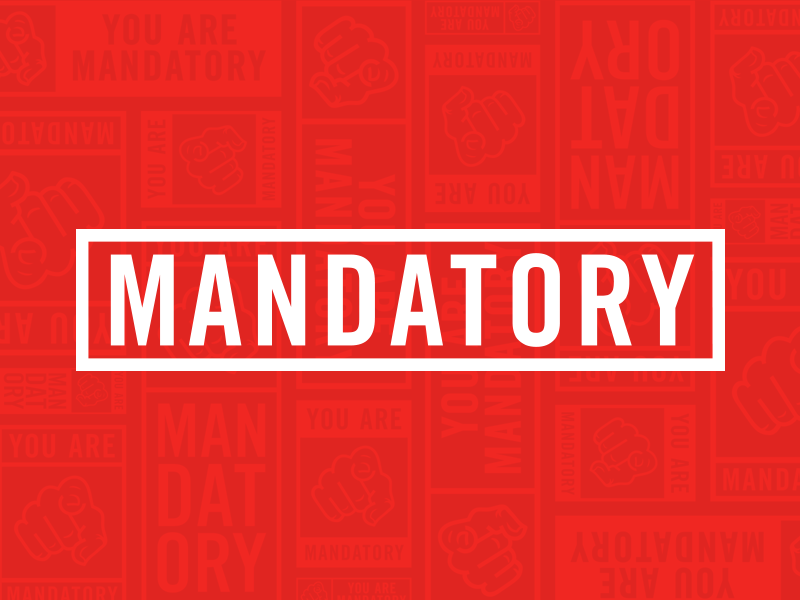Final Blow © Eric Joyner
Eric Joyner only paints things he likes. For the past thirteen years, that’s meant robots and donuts. His iconic depictions of the vintage toys and glazed pastries are instantly recognizable and impossible to resist.
A budding artist since elementary school, Joyner, who grew up in San Mateo, attended the Academy of Art University in San Francisco. After graduation, he made a name for himself doing commercial illustrations for companies like Mattel and Microsoft. “It was kind of boring,” he says of working on projects for corporate America. “My style has changed in that I realized I like humor and I like evoking people’s emotions with art.”
In 1999, Joyner began painting from his collection of robots. “Back in the old days, I used to go to flea markets and vintage shows and purchase them,” he says. The robots appeared in both absurd and strangely endearing scenarios, from surfing a wave to knocking one another out in a boxing ring to watching TV on the couch with a child to the simple act of vacuuming. What is most surprising about these images is the humanity behind the machinery; the lives of Joyner’s robots are at times adventurous and at others, quotidian. Bright colors, impressive detail, and a light-hearted feeling of fun are hallmarks of his work. Joyner’s paintings are the epitome of the term “eye candy.”

Unscheduled Maintenance © Eric Joyner
By 2002, however, he was getting bored and decided that the toys needed a nemesis. Enter donuts, which have added a delightful and whimsical dimension to his work. The pillowy puffs of dough have been shown strapped to an elephant’s back as robots lead the way through the jungle, as flying saucer-style transport for a warrior robot (complete with lollipop staff), and as a substitute ring-toss on a skyscraper. There’s no shortage of pop culture references in Joyner’s work, either: Frankenstein, King Kong, Godzilla, Santa Claus, and Buddha all appear in his paintings, set against familiar landscapes, many of them in San Francisco.
“My work speaks for itself,” Joyner says. “I do narratives. That way I don’t have to explain it. I don’t like talking much.”
One painting takes anywhere from two days to two weeks to complete, depending on how complicated the narrative is and how many robots are depicted. As time goes on, the robots depicted in his paintings are becoming more modern. Currently, he’s on ‘80s models.

© Eric Joyner
Joyner shows about every 18 months at the Corey Helford Gallery in Los Angeles. He’s also shown at the Miller Gallery in Cincinnati, the former Trifecta Gallery in Las Vegas, and has done multiple exhibits in New York. Last year, he was a guest speaker at a robotics convention in Moscow.
But Joyner’s art isn’t contained to gallery walls. In 2004, a humor blogger who also wrote for Warner Bros. contacted Joyner for permission to put his painting “The Final Blow” on Teen Nickelodeon’s show Zoe 101. A couple of years later, a set dresser for The Big Bang Theory asked to use his artwork in various sets for the CBS series. Joyner even appeared onscreen along with his artwork in the 2010 romantic comedy Group Sex starring Tom Arnold and Lisa Lampanelli. “If you sell your work in Los Angeles and someone buys your piece, the word just spreads,” he says. “It’s a small community.”
Joyner also published a 184-page book, Robots and Donuts, in 2008, and his work became the cover art for the band Ben Folds Five and their The Sound of the Life of the Mind album. Recently, an art fabrication shop called Pretty in Plastic in Los Angeles made a toy based on Joyner’s “All Wrapped Up Again” painting. The tiny sculpture of a robot holding a donut while being attacked by a giant snake will be released in November. The depiction is also available on throw pillows, tank tops, T-shirts, and iPhone skins through Nuvango.

Ambush © Eric Joyner
Joyner lives and works in San Francisco in an old naval shipyard. The artistic enclave there is about 200 strong, and the community occasionally hosts open studios. The typical reaction when admirers see Joyner’s work? “They look at me and think, ‘Whoa, you must be really hungry if you’re painting donuts.’”


